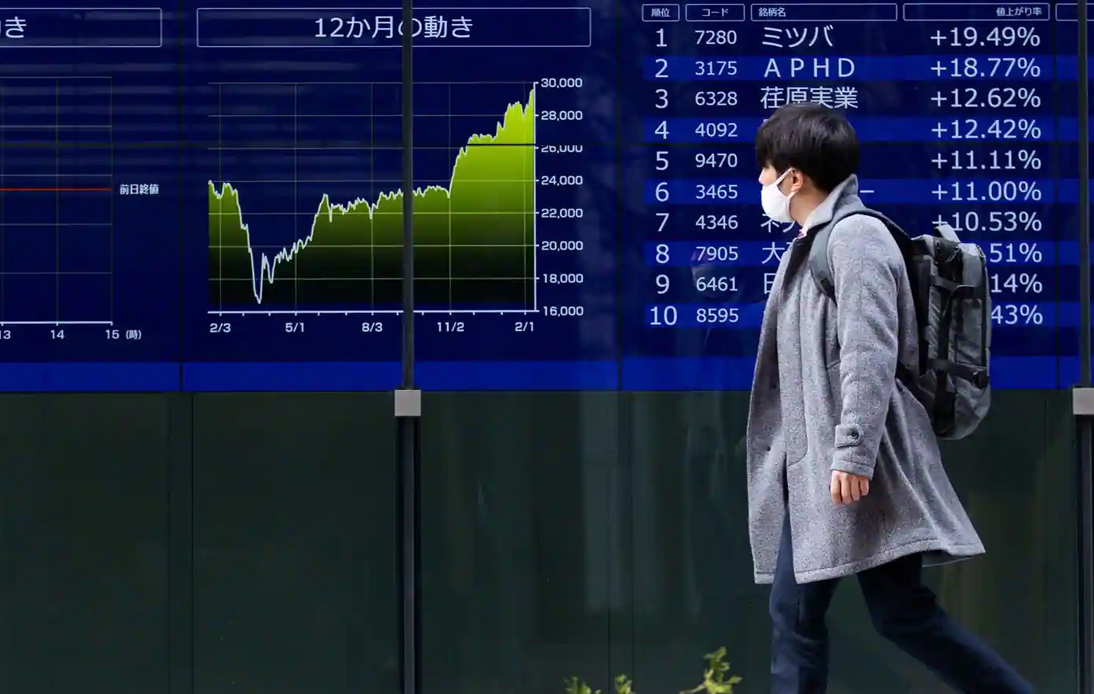
Stocks in Asia tumbled after the US central bank’s chairman said interest rates would continue to rise to fight inflation.
The Board of Governors of the Federal Reserve System’s chairman Jerome Powell made the announcement Friday, saying the move intends to tackle rising prices as many countries worldwide grapple with historic inflation.
Consequently, Japan’s Nikkei 225 index saw a 2.7% drop in Tokyo on Monday. The Hang Seng in Hong Kong fell by around 0.8%.
The Kospi in South Korea and the ASX 200 in Australia also closed down around 2% yesterday.
The drop in shares came after the main stock indexes in New York saw declines of more than 3% each on Friday, following Mr. Powell’s warning about rising interest rates.
Speaking at a conference in Jackson Hole, Wyoming, Mr. Powell said the Federal Reserve was likely to continue raising interest rates in the coming months. He also revealed that the Fed could keep them high for “some time” if necessary.
Mr. Powell warned that the policies could cause some pain for households and businesses. With higher interest rates, loans are more expensive, and economic growth slows.
However, he argued that “a failure to restore price stability would mean far greater pain.”
The United States, the world’s largest economy by gross domestic product (GDP), has recorded its highest inflation in the last 40 years.
In addition, experts have concerns about the situation’s impact on China, as the country’s economy is slowing.
Hang Seng Bank China Chief Economist Dan Wang said: “The economic perspective has worsened in China due to prolonged Covid control, which means further policy rate cuts have to take place. Domestic demand is too weak without further rate cuts in China.”
China’s central bank was also forced to cut its earlier lending rates in August after its economic growth slowed significantly.
Chinese industrial firms also saw a 1.1% drop in January-July profit from a year earlier, while car and smartphone makers suffered from power shortages in Sichuan province. The local real estate market is also in crisis, hampering the government’s efforts to boost the economy.




















